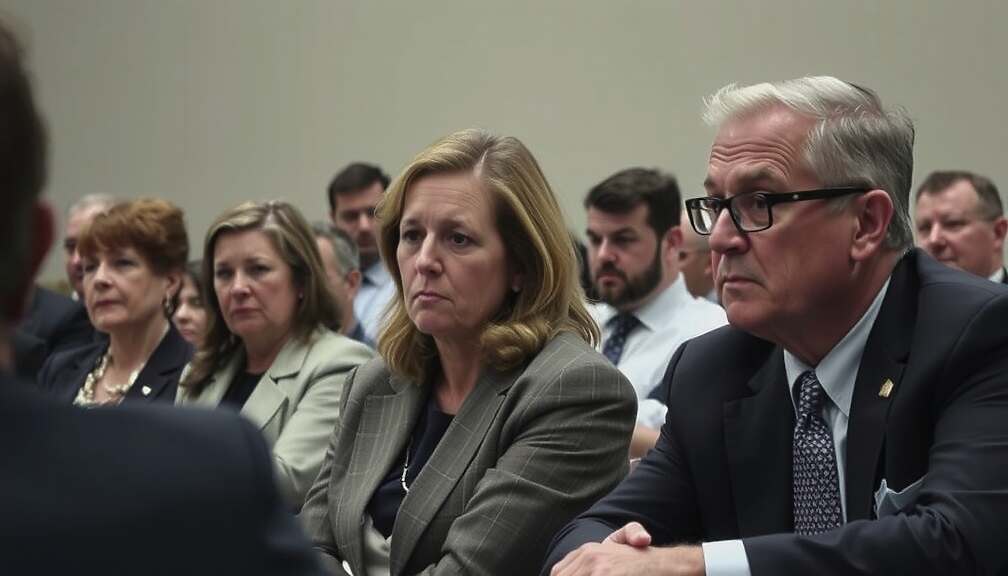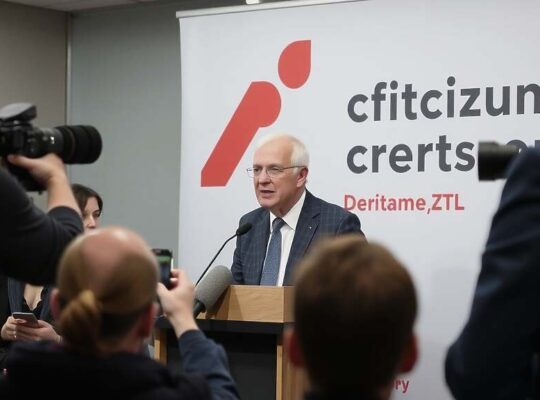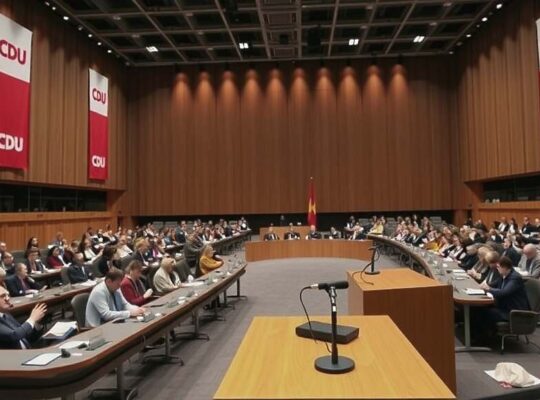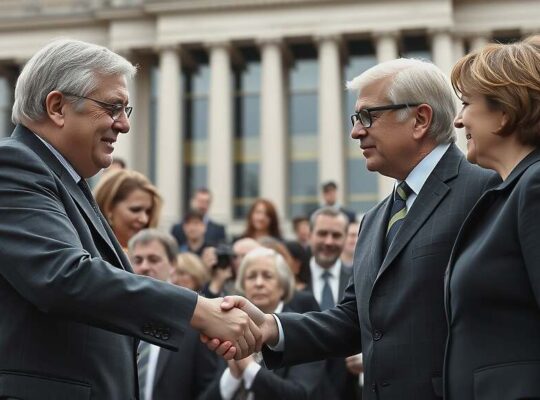German municipalities are voicing concerns over the future of the Deutschlandticket, a subsidized public transport pass, due to uncertainty surrounding its funding for the upcoming year. Christian Schuchardt, Managing Director of the German Association of Cities (Deutscher Städtetag), cautioned that a period of prolonged uncertainty and negotiation is likely if the current funding mechanisms are maintained.
Since its introduction, the financing of the Deutschlandticket has been precarious, according to Schuchardt. The current combined contribution of 1.5 billion euros annually from the federal government and the states, alongside ticket revenues, fails to cover the actual costs incurred by transport providers. He estimates the true annual shortfall to be at least 3.6 billion euros.
Schuchardt criticized the arrangement as continuing to be a temporary measure. While the federal government supports the ticket’s concept, it is unwilling to cover the additional costs. Similarly, state governments are hesitant to assume these expenses. Furthermore, the 2026 budget draft lacks federal funding allocated to the Deutschlandticket, jeopardizing its availability beyond the current year.
The association is advocating for a long-term financing model, emphasizing the need for coordinated action between the new federal government and state governments. Cities and their transport companies require planning security and a consistently guaranteed financial base. This includes a sustainable framework for the equitable distribution of revenues and the timely and complete compensation of deficits.
Schuchardt stressed the importance of reliability, not just for the 14 million passengers currently utilizing the ticket, but also for the cities and transport operators who rely on its continued existence. The Regionalisation Act, pivotal to the Deutschlandticket’s funding, is scheduled to be presented to the Federal Cabinet this Wednesday.












